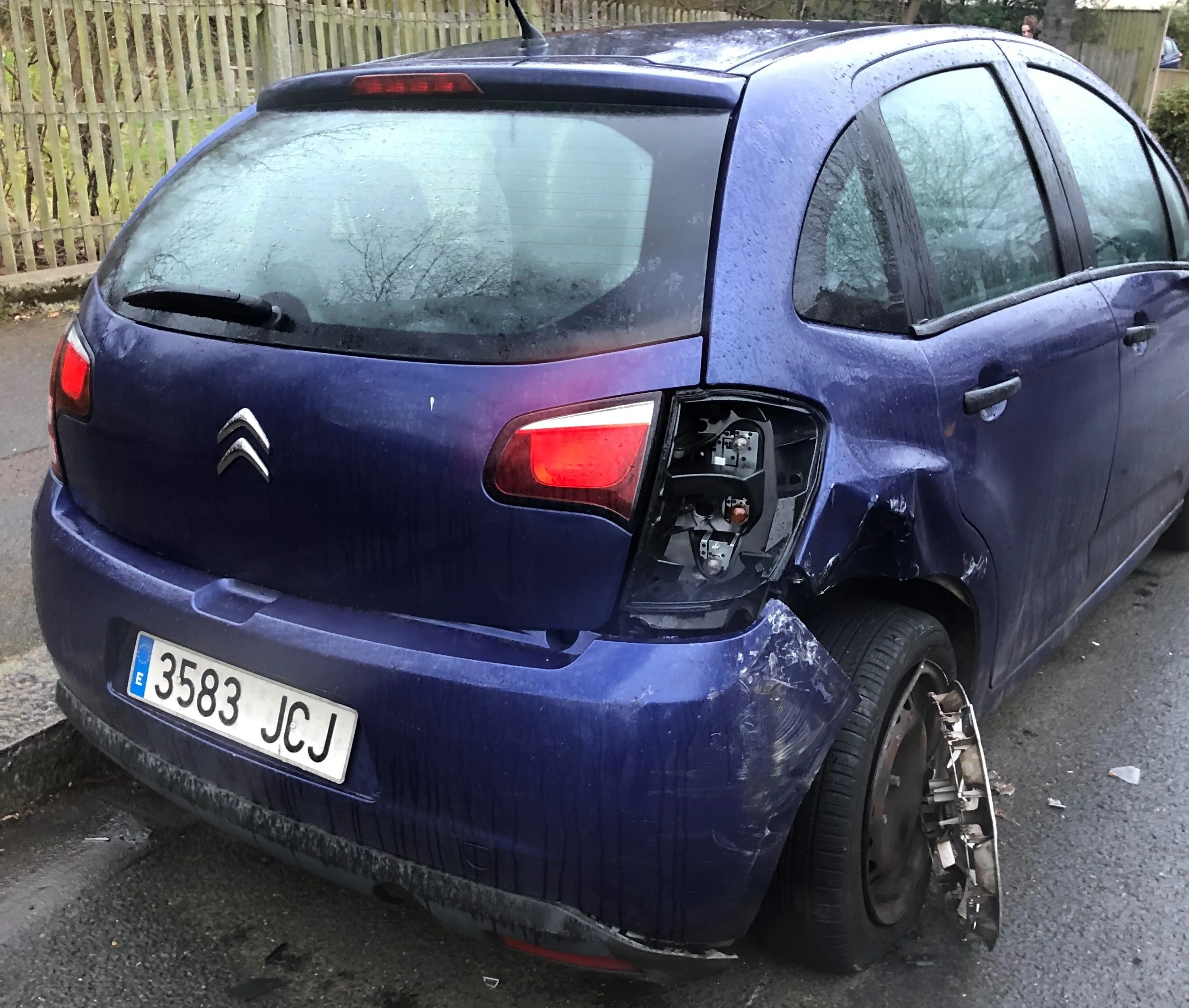
A new study highlights the danger of distraction posed by in-car technology. The study was carried out jointly by the TRL and IAM Roadsmart in the UK. The aim of the study was to evaluate the impacts of in-vehicle infotainment systems such as Android Auto and Apple CarPlay on driving performance.
The TRL authored study and report explored both voice and touch control, with both found to distract drivers – though touch control proved the more distracting of the two.
The results revealed that participants’ reaction times when engaging with either system were over 50% slower than normal. Stopping distances, lane control and response to external stimuli were all impaired.
Significantly, the participants’ reaction times were slower than someone who had used cannabis and five times worse than someone driving at the legal limit of alcohol consumption.







